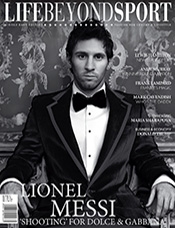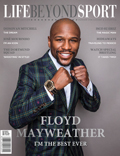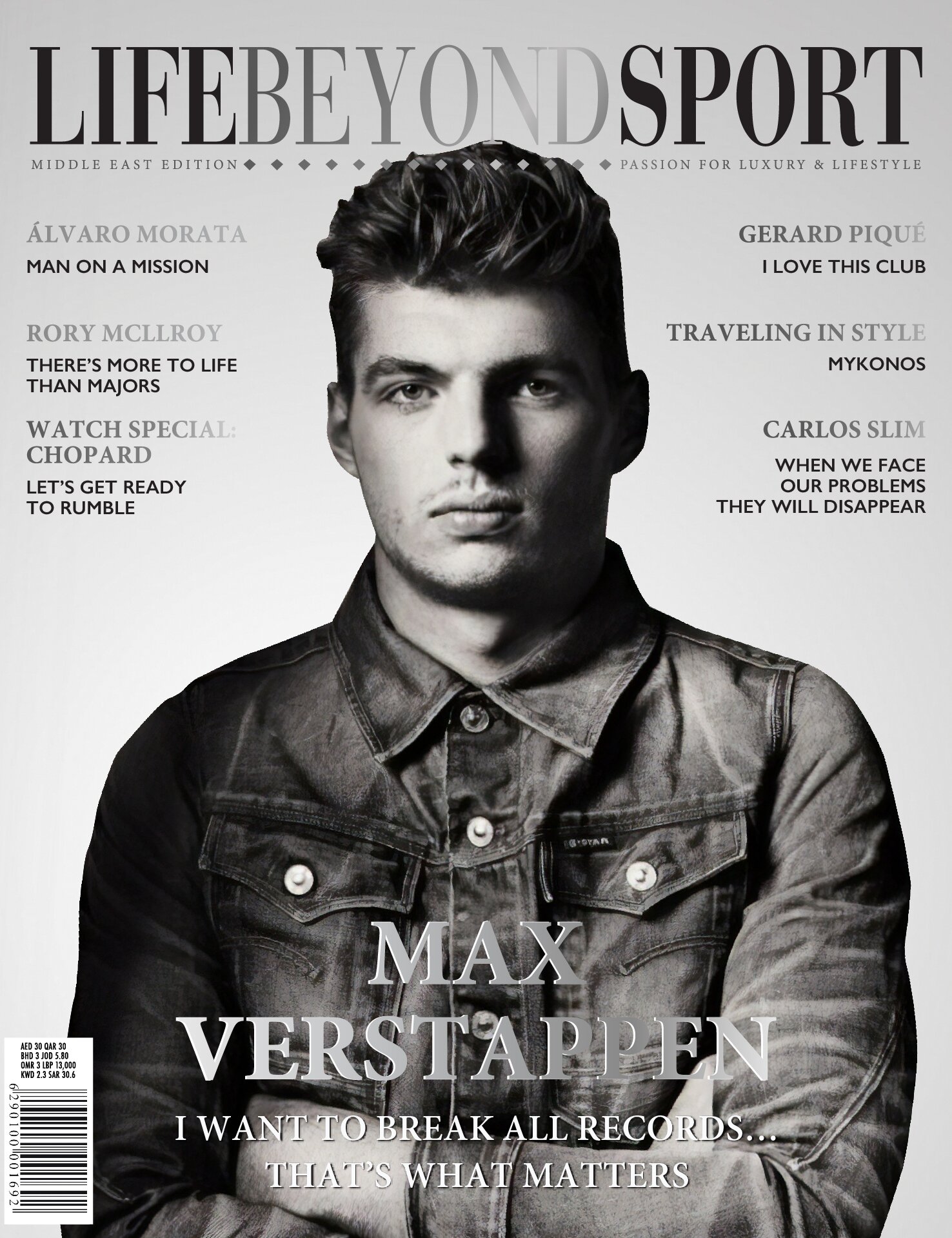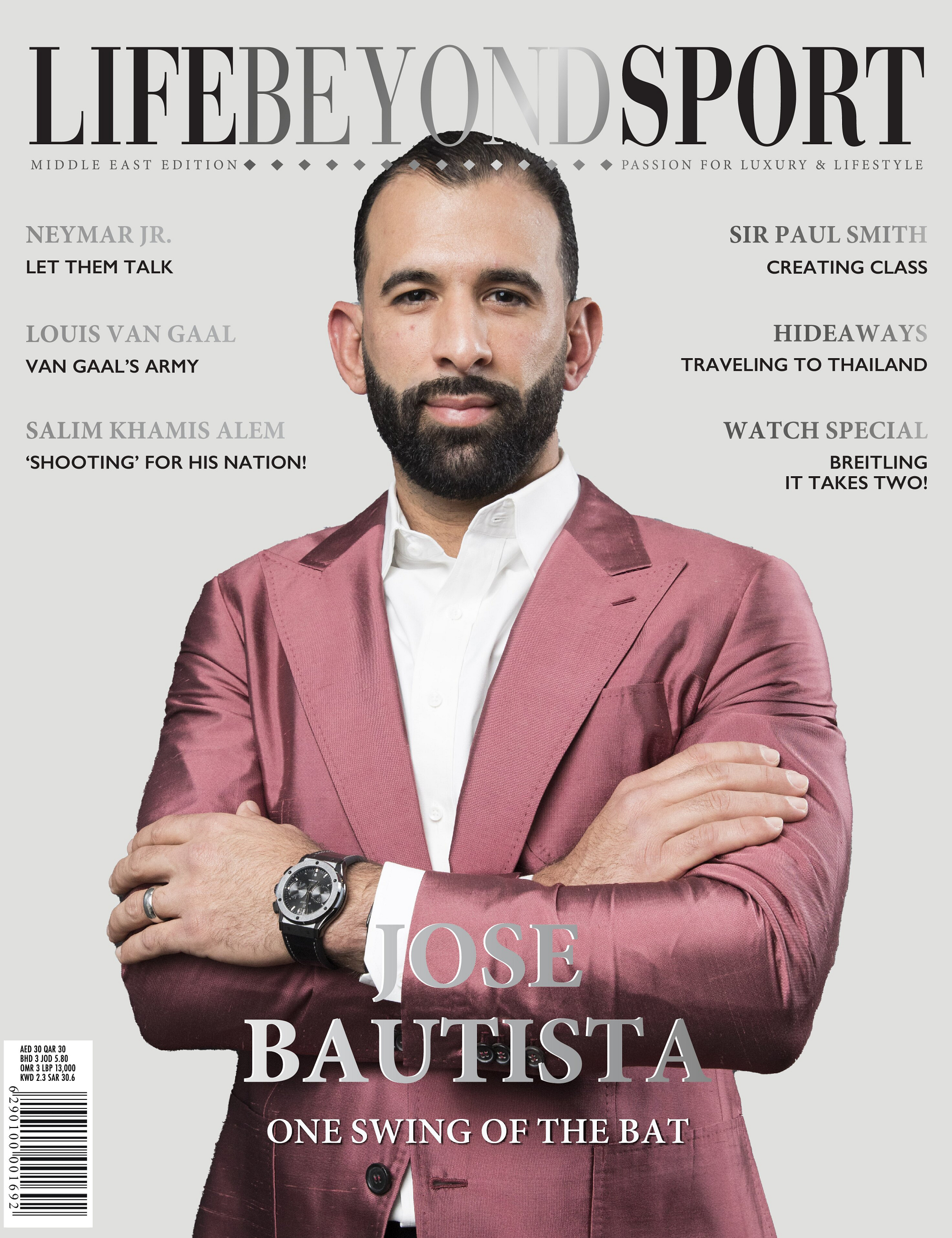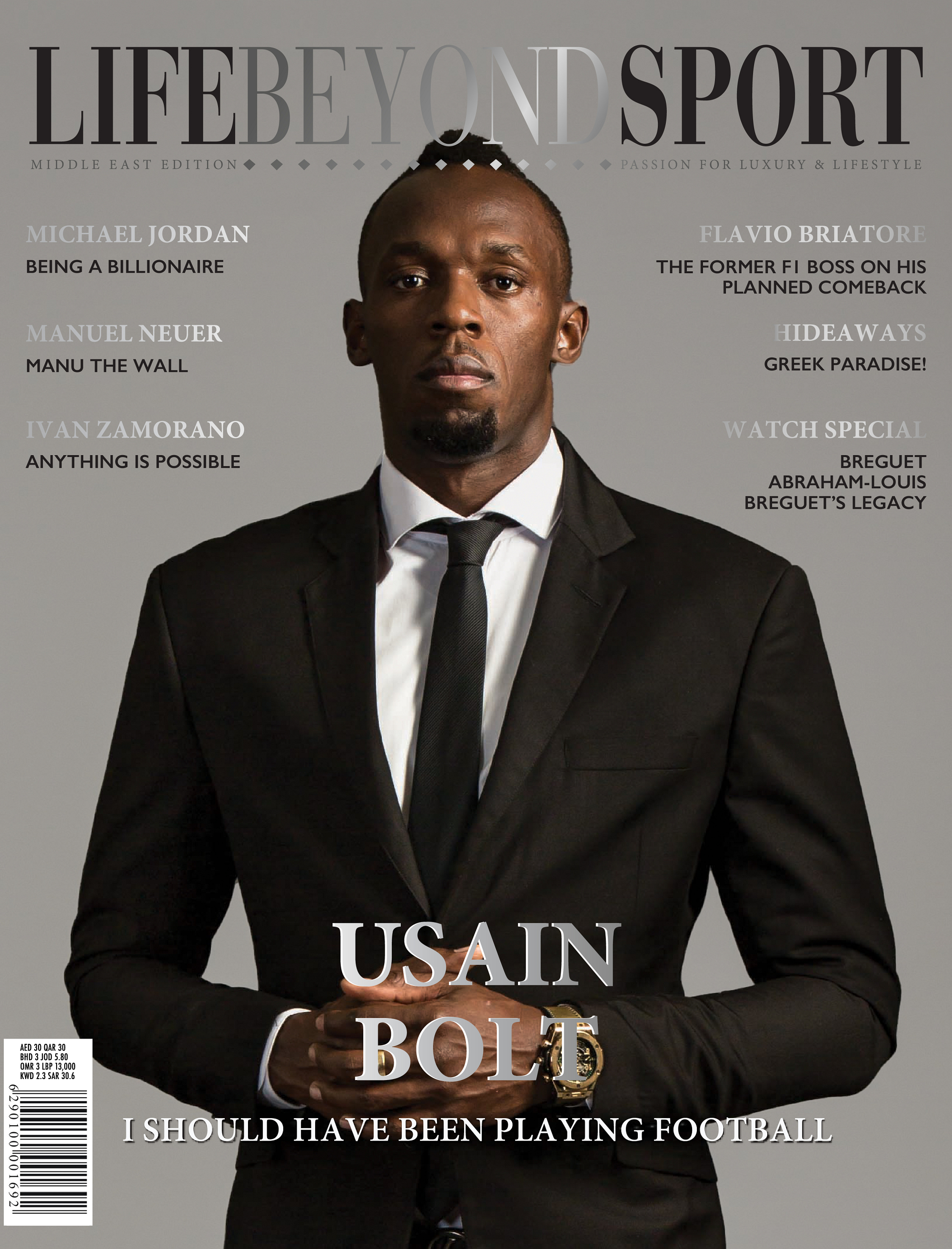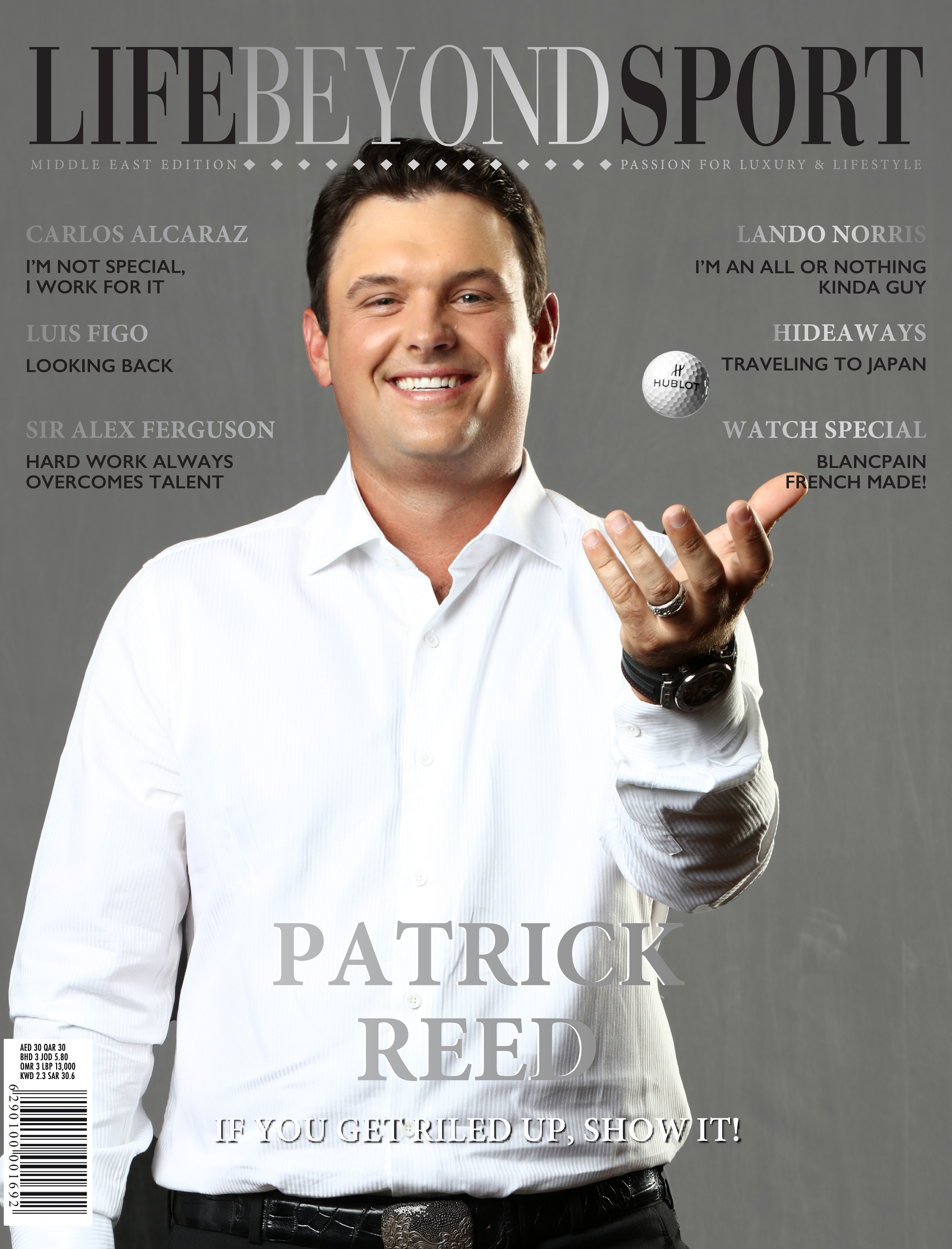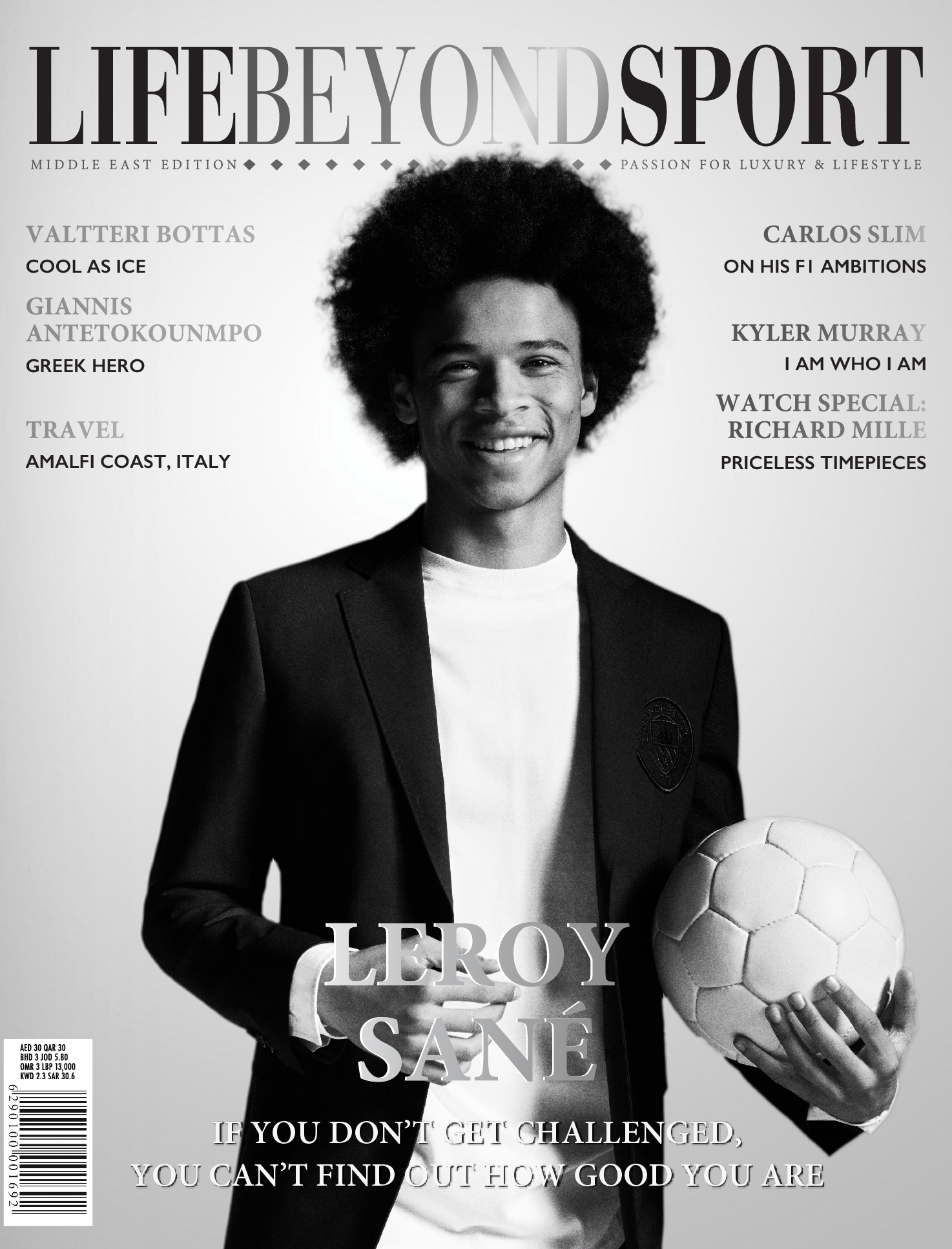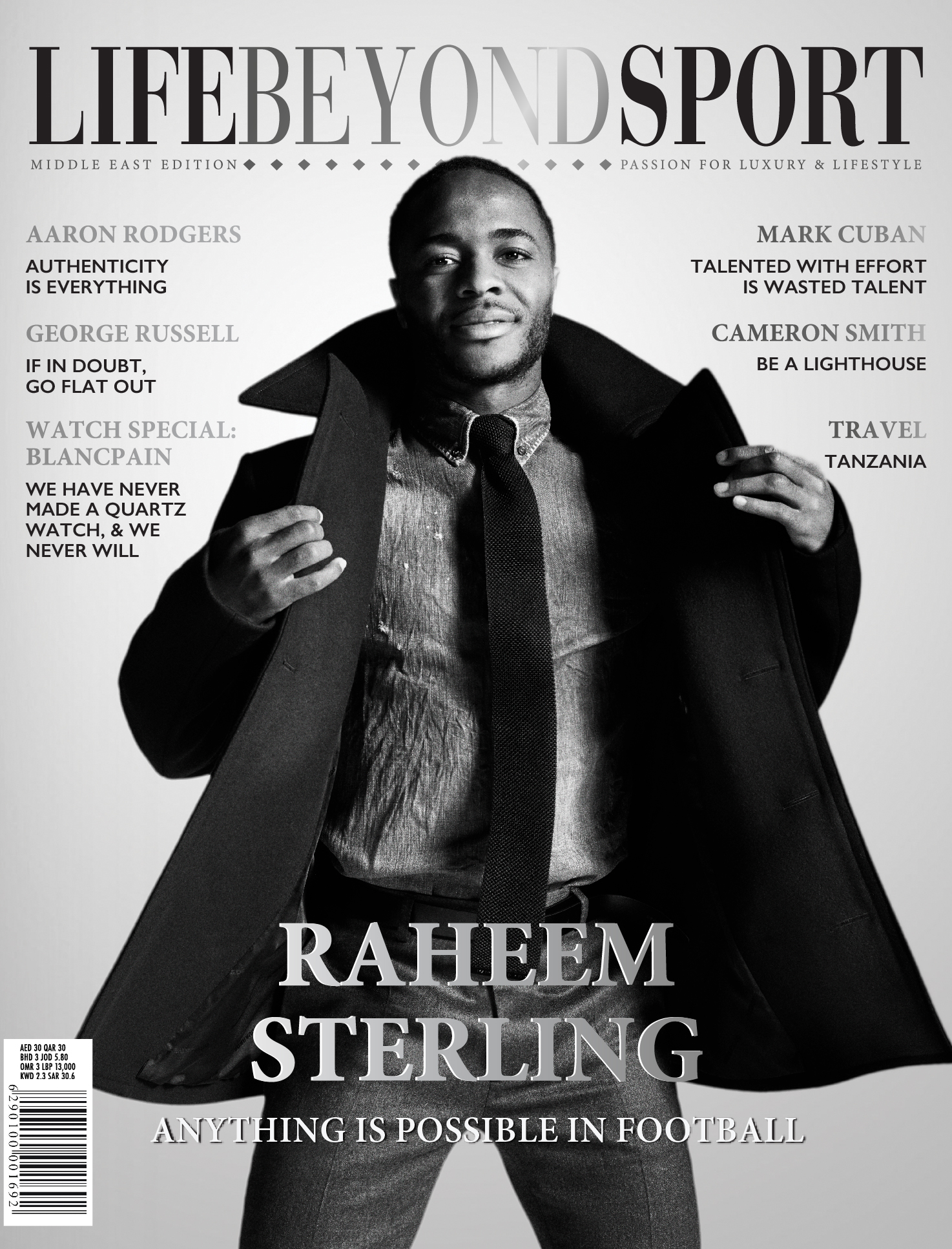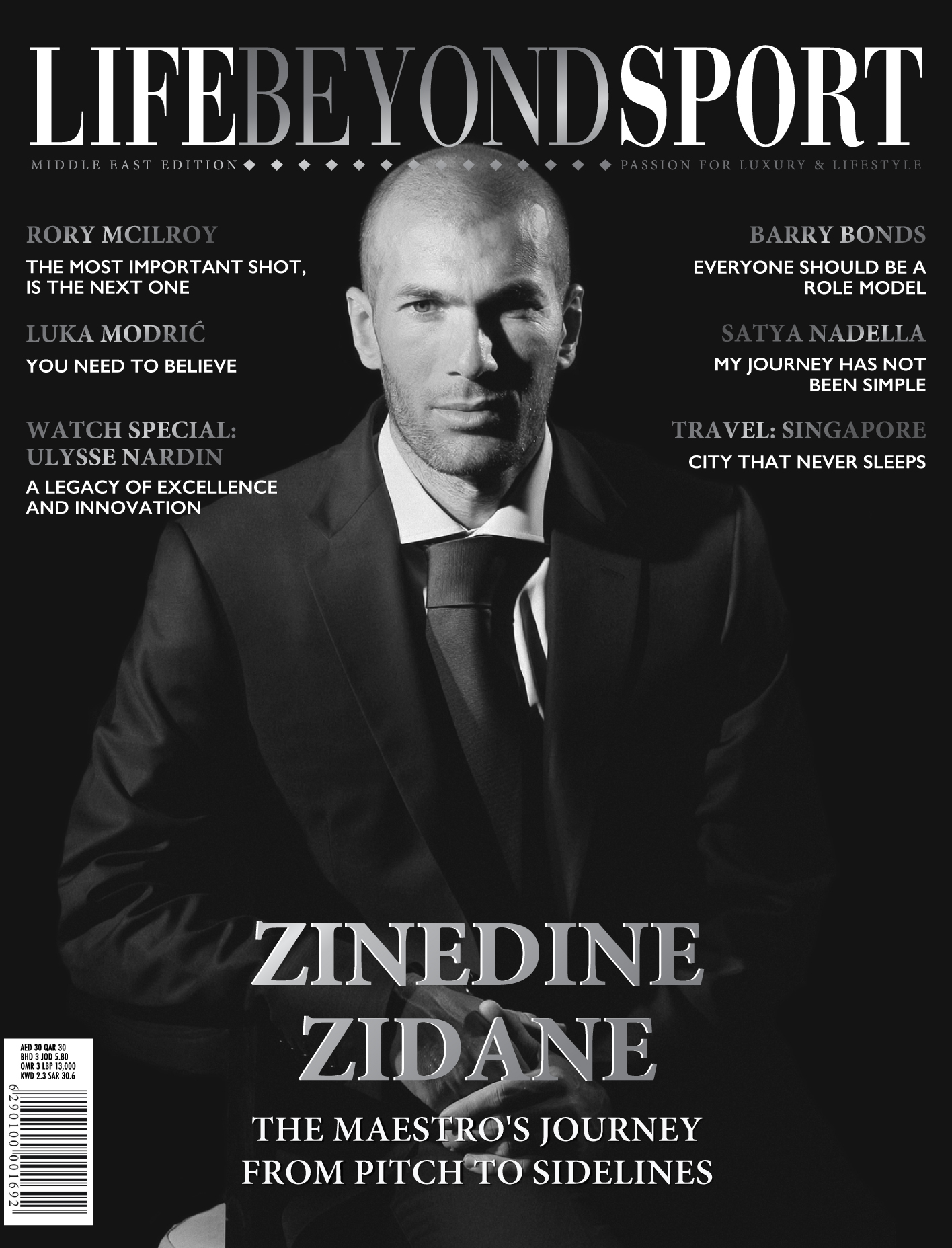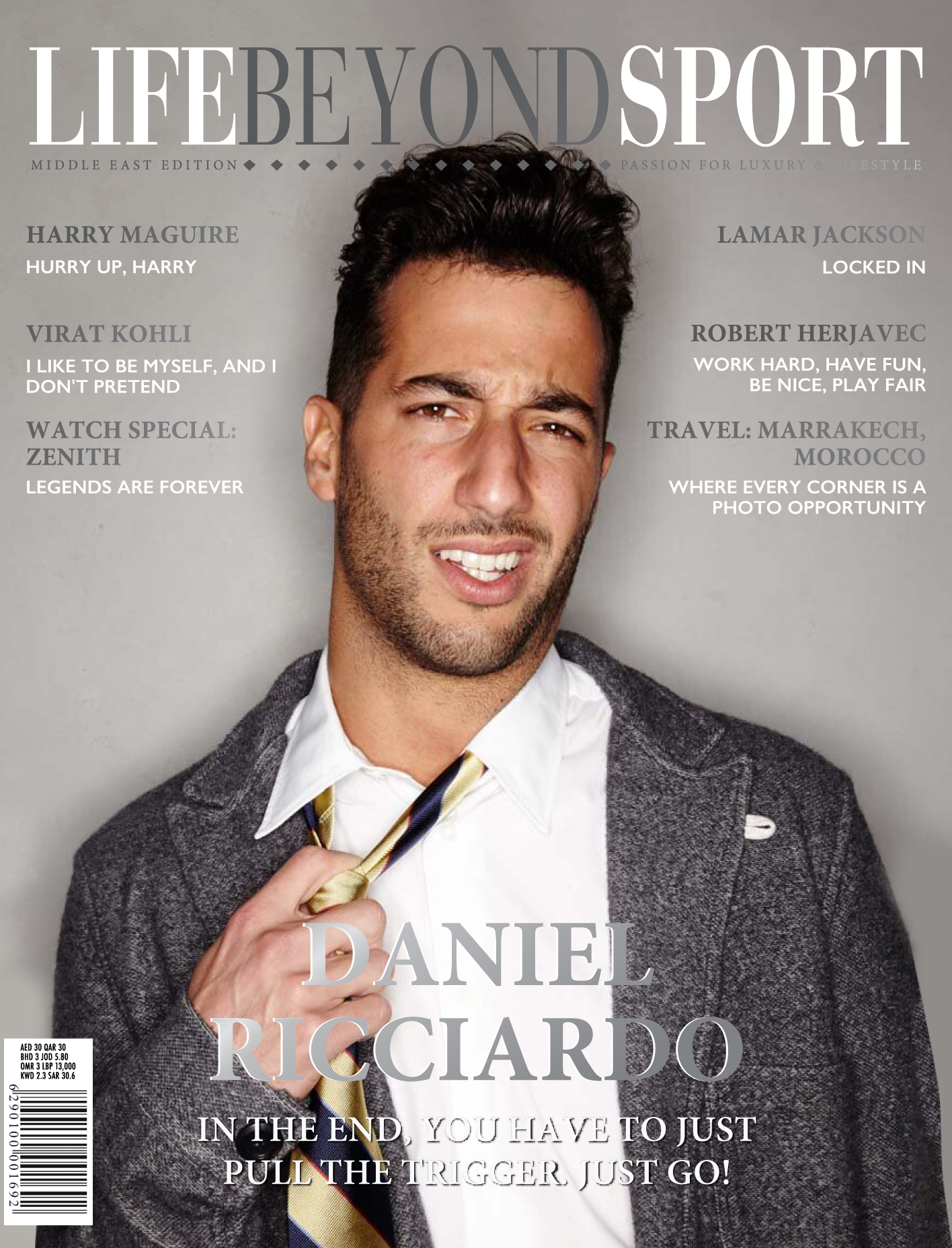You simply do not get any more ‘A-list’ than Denzel Washington. The Oscar winner is widely recognised as one of the greatest actors ever to have lived, and whilst he may not particularly like being known as a ‘movie star’ there can be no doubt that the promotional clout he provides to every film he stars in adds millions of dollars to the Box Office.
Whether he’s made you cry in ‘Remember The Titans’ or ‘John Q’, terrified you in ‘Training Day’ or ‘American Gangster’ or kept you enthralled in ‘Hurricane’ or ‘Flight’, everyone has a favourite Denzel movie and especially a favourite Denzel movie moment.
Having hit screens first of all in 1977 on TV movie ‘Wilma’, Washington really came to capture the viewer’s attention in epic 1989 war film ‘Glory’ before his turn as ‘Malcolm X’ in the 1992 film of the civil rights activist catapulted him into the Premier League of actors.
Throughout our interview, Denzel is every bit as cool as you’d expect him to be, but there is no doubt a steely side underneath him. You know that he wouldn’t suffer fools gladly. Enjoy.
Denzel, do you enjoy playing the bad guy?
As an actor in the theatre you’re taught that you never play a bad guy. You have to love who you are. You can’t say, “Oh, I’m a bad guy.” How do you play that?
Does it ever affect you personally when you explore a dark character?
No, for me it’s still a testament, it’s still a spiritual journey. I believe in God. I don’t fear man, I fear God.
Are you a religious person?
I’m not talking about religion; I’m talking about spirituality.
What’s the difference?
Religion to me is when man gets a hold of spirituality: “My god is right, yours is wrong.” Religion to me is the human condition. “If you’re a Muslim, you can’t be a Christian.” That to me is religion. When we say, “Oh, God’s not going to save you. You’re going to burn in hell because you don’t drink apple juice on Tuesdays and Thursdays” or whatever the madness is. Anyway, I’m sorry. I don’t have an opinion about it, do I? (Laughs)
It’s good to see you jovial since we rarely see you like this on screen.
That’s not true.
Well, you certainly don’t do a lot of comedies.
It’s just the nature of this business. First I was Biography Man. (Laughs) “Steve Biko? Get Biography Man! Malcolm X? Biography Man! Remember the Titans? Biography Man! Hurricane? Get Biography Man!” Then all of a sudden somebody slipped up and sent them Training Day. “Bad Guy Man! Get Bad Guy Man!” I think that’s just the nature of the business. “That’s what I tell young actors: You don’t have to compromise.”
Do you often have to turn down roles because they typecast you?
Absolutely. My career is based on saying no. Sidney Poitier told me many, many years ago that the first four or five movies that you do will determine how you’re perceived in the business. So I was very blessed that the second movie I did was with Norman Jewison, the third movie I did was with Sidney Lumet, and the fourth movie I did was Cry Freedom with Richard Attenborough, for which I was nominated for the first time. I was off to the races. There were other movies that I could have done and I didn’t do.
Like which ones?
One of them I called “The Nigger They Couldn’t Kill.” It was terrible. They said, “It’s a comedy!” Yeah right. So I didn’t do that. They were going to pay me a lot of money and I really thought about it, but I didn’t do it. I waited and six months later I got Cry Freedom. That’s what I tell young actors. “You don’t have to compromise. Go do some theatre and wait.”
Easier said than done when someone is handing you 20 million dollars…
It’s very unfortunate in this accelerated society and business that a lot of young kids don’t get a chance to develop. They have the look or whatever and they’re 20 years old and boom, they’re big stars and they never really learned how to act. The actors I respect are all from the theatre. Viola Davis, Meryl Streep, they’re both from the theatre, you know?
You also trained in the theatre before you made it as a big Hollywood star, right?
Well, I’m not a big Hollywood star. I’m an actor. I’m called a star. That’s not what I am. First of all I’m a human being; my profession is acting. People give you titles. They say you’re an up and coming star, then they say you’re a star, then they say you’re a washed-up star.(Laughs) So I don’t get caught up in what I’m called. My job, my profession, is acting.
Do you resent the title “movie star?”
I’m a trained actor. What I’m called is whatever someone says and that’s fine, but I don’t walk around like, “Hey! I’m a movie star. Excuse me, can you get my car for me?” I’m just an entertainer.
Do you think the studio system gives black actors enough chances to play leading roles?
Well, I don’t even know what the “studio system” is, first of all. I don’t think there is a system. It’s a bunch of people scrambling trying to get rich. That’s all it is. There’s no committee that sits around and goes, “This is the system.” It’s like, “Hey, if Joe Black suddenly makes us 100 million, find me 10 more Joe Blacks.” I think that’s the nature of the business. I think that the business is toughest on women, white or black. You hit 40 and they get rid of you. But the guy can be 70 years old and somehow he still gets the 25 year old girl! I think that there’s definitely room for improvement on the administrative side – there hasn’t been a black studio head. But it’s not the studio’s job to care about you. People tell stories that they know.
What do you mean?
I don’t think that you could make a story about an inner city African-American in Philadelphia. I don’t think so. I don’t think I could make a film about what it is to be 16 and growing up in Berlin because I don’t know it. You write about what you know. And there are economic ceilings. A movie about a 16-year-old kid from Berlin, they may not spend 100 million dollars to make that movie in Hollywood. Does that mean they’re prejudiced against 16-year-old kids from Berlin?
True. Often people try and read too much into these things.
Someone asked me, “Oh, do you think it’s racism that you didn’t win the Oscar for Malcolm X?” I said, “Well, I voted for Al Pacino. He was nominated 8 times and hadn’t won. I was nominated 3 times and I had already won.” Do you think they’re prejudiced against Italian-Americans? For whatever reason he hadn’t won, but then he did. Are there prejudices? Yeah. On both sides; on all sides. That’s human nature. Is that the only reason? No, I don’t believe that. I’m living proof that it’s not true.
.jpg) Life Beyond Sport magazine is a pioneering publication that breaks through the traditional barriers of men’s lifestyle magazines by smoothly combining a man’s love of sport with his passion for the finer things in life. The magazine contains a range of features, interviews and photo-shoots that provide an exclusive insight into the sportsman’s lifestyle. Only in Life Beyond Sport will you find the biggest names from the worlds of Football, Tennis, Formula 1, Golf, Polo and more.
Life Beyond Sport magazine is a pioneering publication that breaks through the traditional barriers of men’s lifestyle magazines by smoothly combining a man’s love of sport with his passion for the finer things in life. The magazine contains a range of features, interviews and photo-shoots that provide an exclusive insight into the sportsman’s lifestyle. Only in Life Beyond Sport will you find the biggest names from the worlds of Football, Tennis, Formula 1, Golf, Polo and more.
